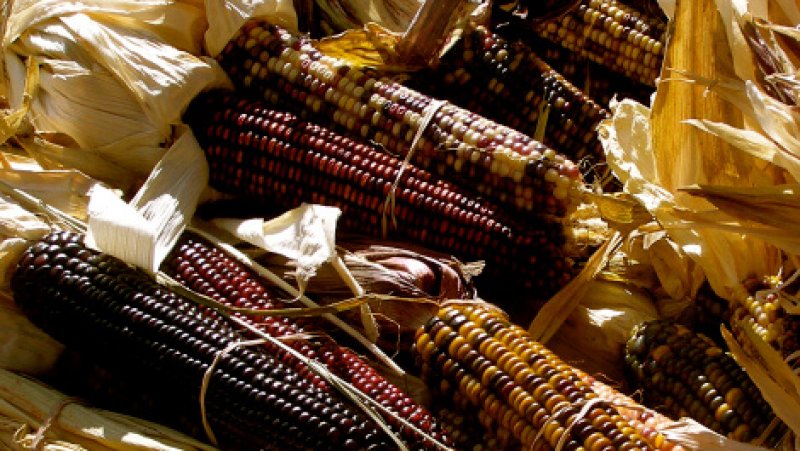(Summary)
If biotech and organic farmers can agree on one thing, it’s that crosspollination cannot be avoided, wrote Nathanael Johnson at Grist. Although distance between fields can help prevent cross-pollination, this will never solve the problem completely. Even producers of non-GMO food understand that because corn pollen is so “promiscuous,” there will always be at least a trace of transgenic genes in their non-GMO corn.
This issue instead becomes who should be responsible for the ‘genetic purity’ of crops and how could concerns be addressed. Should it be the farmer who desires a genetically pure crop or the farmer with potentially problematic pollen? The problem doesn’t exist just between organic farmers and farmers growing GM crops, either, Johnson wrote. As more and more biotech crops are introduced, the issue will become more prevalent between farmers who grow different strains of genetically modified crops:
For instance, DuPont now has a genetically engineered soybean, called Plenish, that produces high-oleic oil. Plenish oil has properties that make it a good replacement for transfats, but in order to get this oil you need a relatively pure crop. Then there’s Syngenta’s Enogen corn, bred to produce the starch-busting enzyme amylase for biofuels, so it essentially breaks itself down in preparation for its liquid future. But if just one kernel in 10,000 gets into a tortilla-chip factory, you’re going to end up with a ton of mushy chips.
There is a technological solution to the problem although it is being blocked by activist pressures: terminator genes, which render a crop’s pollen sterile. The technology was invented by the Delta and Pine Land Company in 1998, but has never been implemented due to campaigning by activists who complain that it forces farmers to buy new seeds every year because of patent restrictions. Yet those same restrictions exist for patented non GMO hybrid seeds, which are used universally by farmers in the developed world and also must be repurchased each year.
Read the full, original story here: Playing the field: Corn likes to sleep around — and that makes it hard to control GMOs































